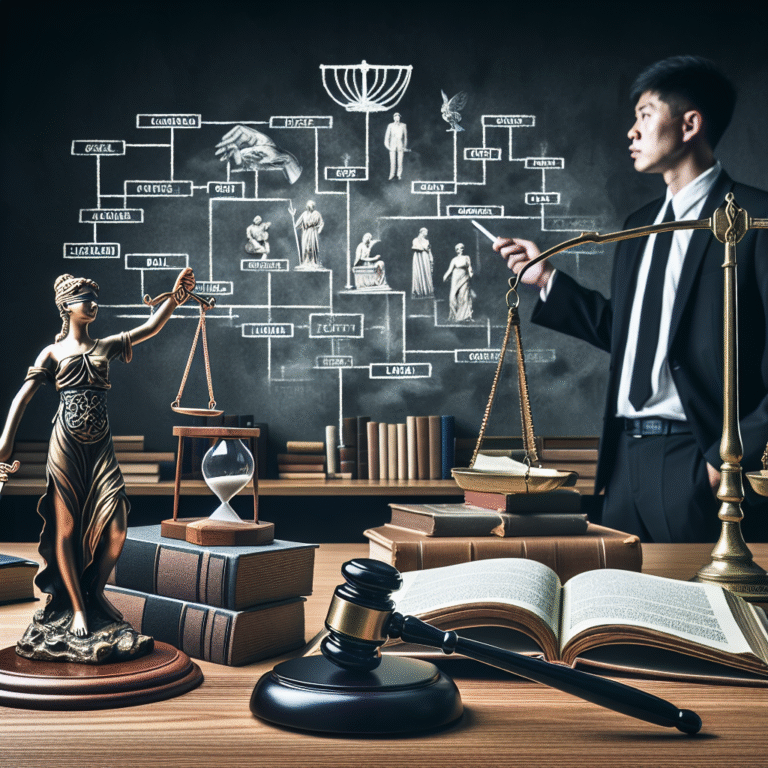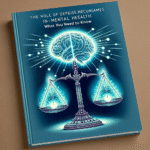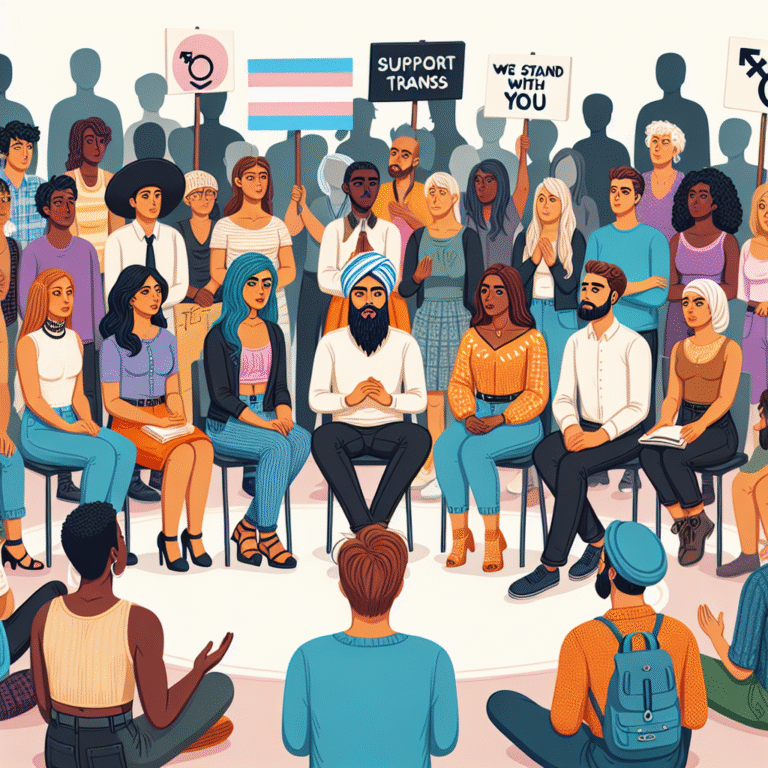
Introduction
Imagine witnessing a crime as it unfolds before your eyes. You’d think that your account of the event would be crystal clear, right? You’d likely testify confidently about what you saw. However, the reality of human memory—particularly eyewitness memory—tells a drastically different story. The Fallibility of Eyewitness Memory: Myths vs. Reality is a topic that profoundly impacts legal systems, personal lives, and societal perceptions. Despite our confidence in our recollections, evidence suggests that memory is not as reliable as we often believe. This comprehensive exploration will break down the complexities surrounding eyewitness accounts, myth versus reality, and the implications for justice.
Understanding Eyewitness Memory
What Is Eyewitness Memory?
Eyewitness memory refers to the recollections people have about events they’ve directly observed. In the context of law, eyewitness testimony can be pivotal for establishing guilt or innocence. However, research has repeatedly shown that such memories can be notoriously unreliable.
The Science Behind Memory
Memory is a reconstructive process, meaning that each time we recall an event, we reassemble information rather than play back a video. This process leaves us vulnerable to errors and influences. Factors such as stress, the passage of time, and leading questions can all significantly distort our recollections.
The Myths Surrounding Eyewitness Memory
Myth 1: Memories Are Accurate Replays
Reality: Memories are often fragmented and altered over time. Studies show that a witness’s confidence is not necessarily linked to the accuracy of their memory. For instance, a confident eyewitness may still be entirely wrong about crucial details.
Myth 2: More Witnesses Mean More Reliable Accounts
Reality: Groupthink can occur, and witnesses can unconsciously influence each other’s memories. Instead of corroborating the truth, multiple accounts may lead to converging inaccuracies.
Myth 3: Stress Enhances Memory
Reality: While dramatic situations may feel unforgettable, stress often impairs memory formation. High-stress events can lead to a phenomenon known as “weapon focus,” where the presence of a weapon can distract witnesses from seeing other vital details.
Myth 4: Age Doesn’t Affect Memory Reliability
Reality: Research indicates that older adults and children often have less reliable memories than young adults. Children can be particularly susceptible to suggestion, while older adults may be more prone to forgetfulness.
Case Studies
Case Study 1: The Central Park Five
In the 1989 case of the Central Park Five, five teenagers were wrongfully convicted of assaulting a jogger based largely on eyewitness testimony. Years later, DNA evidence exonerated them, highlighting how unreliable eyewitness accounts can lead to devastating consequences.
Analysis: This case exemplifies not only the fallibility of eyewitness memory but also the societal impact of misinterpreted recollection.
Case Study 2: Ronald Cotton and Jennifer Thompson
Jennifer Thompson mistakenly identified Ronald Cotton as her attacker in a highly publicized case. Years later, Cotton was exonerated through DNA evidence. Thompson later became an advocate for addressing the weaknesses in eyewitness testimony.
Analysis: This case serves as a powerful reminder of the human element involved in memory recall, underscoring how subjective experiences can shape our perceptions irreparably.
Case Study 3: The 2000 Presidential Election
During the 2000 Presidential Election, varying accounts of voting processes led to widespread confusion and chaos in Florida. Eyewitness testimonies from voters differed dramatically, revealing how quickly memory can become a tool for misinformation.
Analysis: The election serves not just as a political lesson but as a stark example of how collective memory can falter, affecting outcomes significantly.
The Implications of Eyewitness Fallibility
Legal Consequences
The fallout from unreliable eyewitness testimony can result in wrongful convictions, eroding public trust in the legal system. It raises critical questions about how evidence is weighed in court and whether reforms are necessary to guard against the misapplication of eyewitness accounts.
Psychological Implications
Eyewitnesses often experience guilt or trauma when they realize their memories led to wrongful convictions. This can have lasting psychological effects and may discourage individuals from participating in legal processes.
Improving Eyewitness Testimonies
Use of Technology
New technologies, such as video recorders and virtual reality, offer ways to capture initial accounts more accurately. Technology can provide a visual aid that helps witnesses reconstruct events with higher fidelity.
Training for Law Enforcement
Educating law enforcement officers about the fallibility of eyewitness memory is crucial. Proper interview techniques can reduce the risk of influencing a witness’s account.
Future Research
Ongoing research into memory science can provide deeper insights into how to bolster the reliability of eyewitness accounts. This may include exploring the use of cognitive interviews designed to enhance memory recall without leading questions.
Conclusion
The Fallibility of Eyewitness Memory: Myths vs. Reality reveals a complex landscape where human memory, legal systems, and societal perceptions intersect. As we’ve discovered, our confidence in our memories can often be misplaced, leaving significant repercussions for justice. Understanding the realities of eyewitness memory is essential for fostering a fairer, more informed legal system and encouraging societal awareness.
FAQs
1. What are some common factors that affect eyewitness memory?
Common factors include stress, leading questions, and the passage of time. Each of these can distort memories significantly.
2. Can eyewitness testimony be reliable?
While eyewitness testimony can be accurate, research shows that it is often unreliable, especially under stress or when influenced by others.
3. How can law enforcement improve eyewitness testimonies?
By utilizing techniques like cognitive interviews and avoiding leading questions, law enforcement can gather more accurate accounts from witnesses.
4. Are there any proven methods to enhance memory recall?
Techniques like providing neutral prompts, encouraging detailed narratives, and minimizing distractions can help witnesses recall events more reliably.
5. How do age and memory reliability intersect?
Children and older adults tend to have less reliable memories compared to young adults, making them more susceptible to errors in recalling events.
By understanding the fallibility of eyewitness memory, we not only enhance legal procedures but also promote a culture of awareness that can catalyze change for the better.













